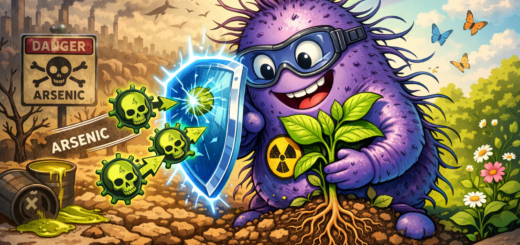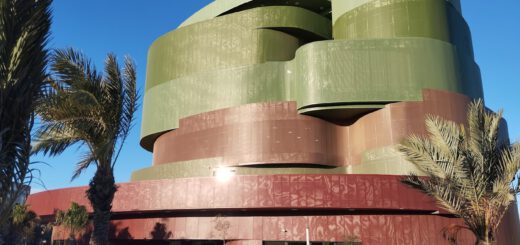Better in Tandem

Here comes another #preprint in which we like to share our work on the molecular basis of jasmonate-mediated induction of the auxin biosynthesis-related genes YUCCA8 and YUCCA9. In addition, the work highlights a role for the two YUCCA enzymes in abiotic stress responses and resistance to phytophagous mites.
Pérez-Alonso, M.M. et al. 2021 Preprints
The indole-3-pyruvic acid pathway is the major route for auxin biosynthesis in higher plants. Tryptophan aminotransferases (TAA1/TAR) and members of the YUCCA family of flavin-containing monooxygenases catalyse the conversion of L-tryptophan via indole-3-pyruvic acid into indole-3-acetic acid (IAA). It has been described that locally produced jasmonic acid (JA) in response to mechanical wounding, triggers de novo-formation of IAA through the induction of two YUCCA genes, YUC8 and YUC9. Here, we report the direct involvement of a small number of basic helix-loop-helix transcription factors of the MYC family in this process. We show that the JA-mediated regulation of YUC8 and YUC9 gene expression depends on the abundance of MYC2, MYC3, and MYC4. In support of this observation, seedlings of myc knockout mutants displayed a strongly reduced response to JA-mediated IAA formation. In addition, transactivation assays provided experimental evidence for the binding of the MYC transcription factors to a particular tandem G-box motif abundant in the promoter regions of YUC8 and YUC9, but not in those of the other YUCCA genes. Moreover, we clearly demonstrate that YUC8ox and YUC9ox over-expressing plants show less damage after spider mite infestation, thereby underlining a role of auxin in plant responses toward biotic stress cues.


